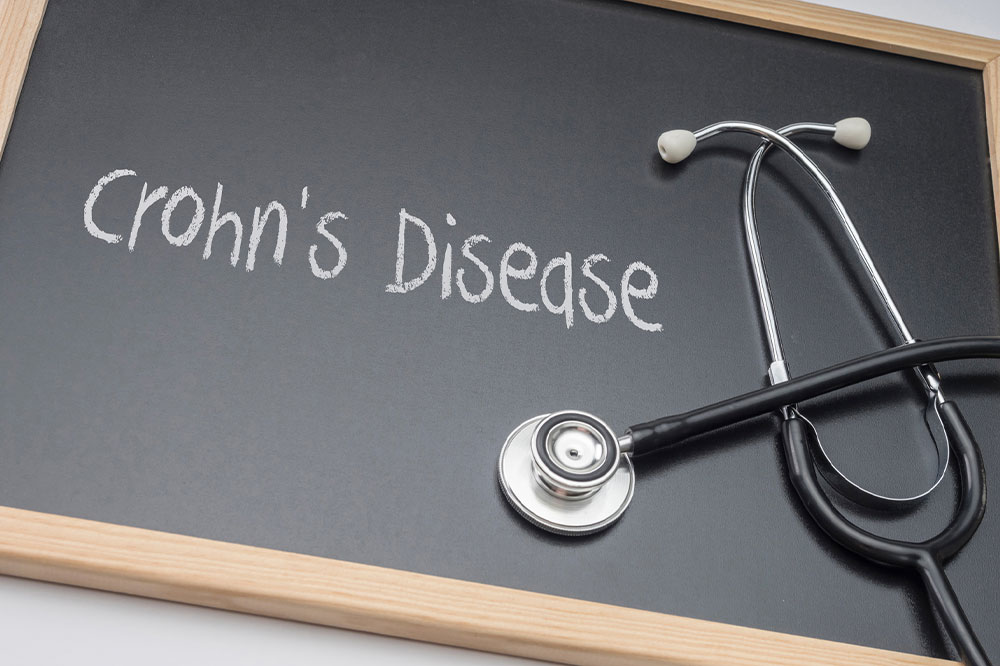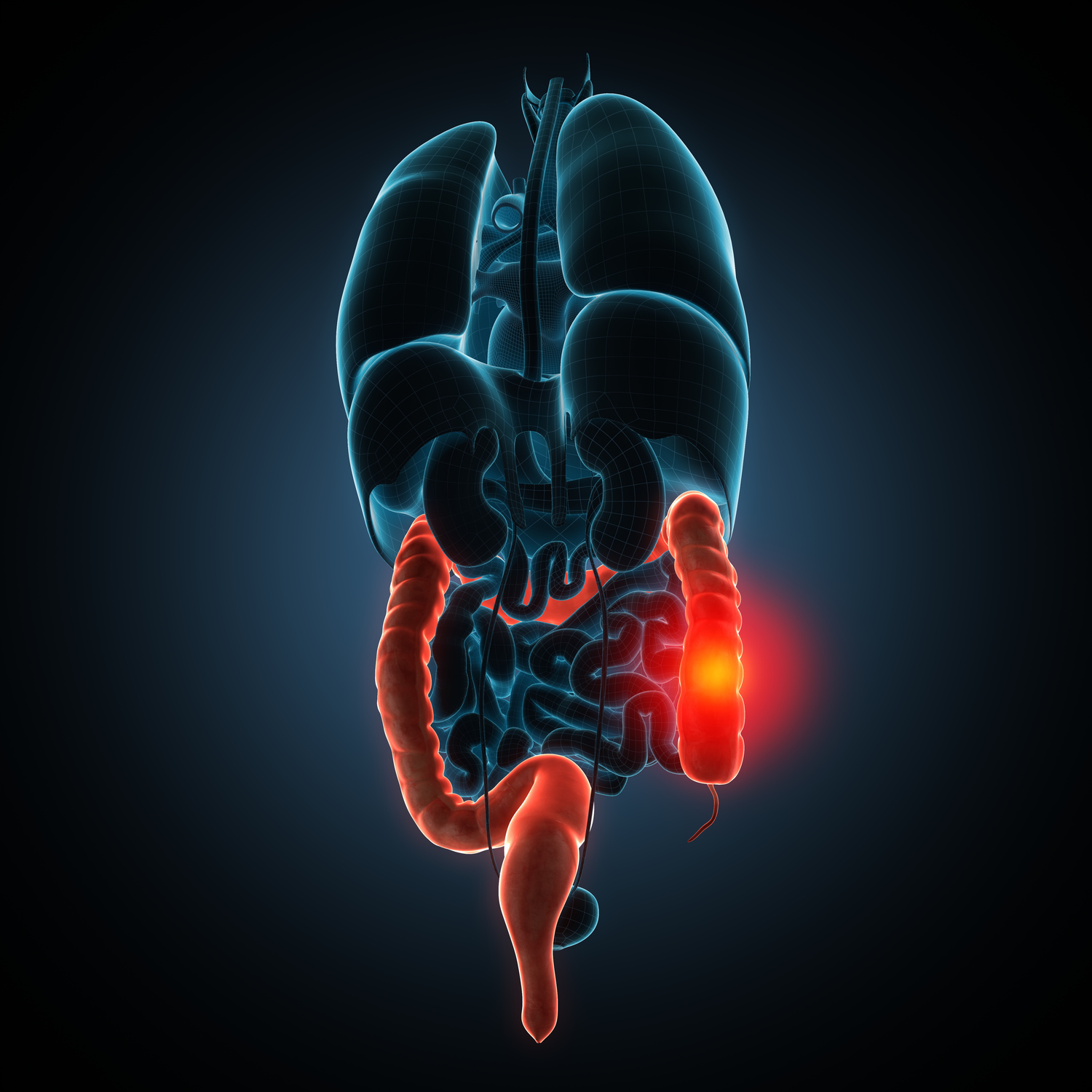Recognizing Key Signs of Crohn’s Disease You Should Know
This article highlights the key symptoms of Crohn’s disease, including abdominal pain, diarrhea, and weight loss. It discusses potential causes, risk factors, and complications. Recognizing these signs early can lead to timely medical intervention, improving health outcomes. Understanding the disease’s nature helps patients seek appropriate treatment and manage the condition effectively. If you or a loved one experience persistent gastrointestinal symptoms, consult a healthcare professional promptly for accurate diagnosis and personalized care.

Crohn’s disease is a type of inflammatory bowel disorder affecting any part of the gastrointestinal tract from mouth to anus. This inflammation can cause symptoms such as abdominal discomfort, frequent diarrhea, and unintentional weight loss.
Notable Symptoms of Crohn’s Disease
The presentation of Crohn’s varies among individuals. Some cases involve only the last section of the small intestine (ileum), while others may impact the colon or large intestine.
Usually affecting the terminal ileum and colon, Crohn’s disease can range from mild to severe. Symptoms typically develop gradually but can sometimes appear suddenly.
Common signs include persistent diarrhea, fever, fatigue, blood in stool, decreased appetite, and mouth ulcers. Severe cases may also involve skin, joint, and eye inflammation, liver issues, or delayed growth in children.
Abdominal Pain: This pain often comes in waves, causing cramps, and may become a constant, dull ache as the condition progresses.
Diarrhea: Advanced stages can see patients passing stool 10-20 times daily, often with blood.
Appetite Loss: Reduced desire to eat is common, leading to weight loss.
Persistent Fever: Prolonged high temperatures should be evaluated by a healthcare professional.
Anemia: Blood loss through stool can cause iron deficiency anemia.
Anal Fissures: Small tears around the anus may develop over time, creating discomfort.
While the exact cause of Crohn’s remains unknown, factors like immune system dysfunction, genetics, infections, stress, and diet may play roles. An abnormal immune response targeting the gut's cells leads to inflammation and tissue damage. Family history increases the risk, emphasizing hereditary factors.
Risk Factors: Crohn’s disease most often affects young adults under 30, with higher prevalence in certain ethnic groups, such as those from Eastern Europe. Family history significantly raises the likelihood of development. Some medications might also influence susceptibility.
Potential Complications: Crohn’s can cause bowel blockages, ulcers, fistulas, and anal fissures. There's also an increased risk for colon cancer. Other health issues linked to the disease include anemia, skin conditions, joint problems, and liver diseases. Early medical consultation is essential if symptoms appear.










